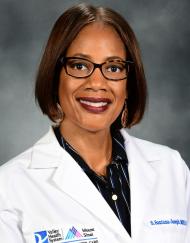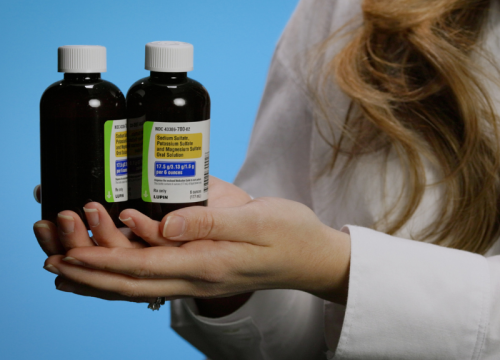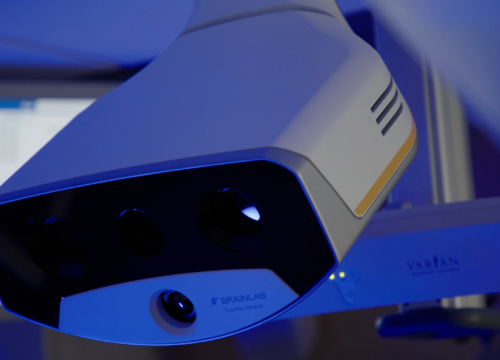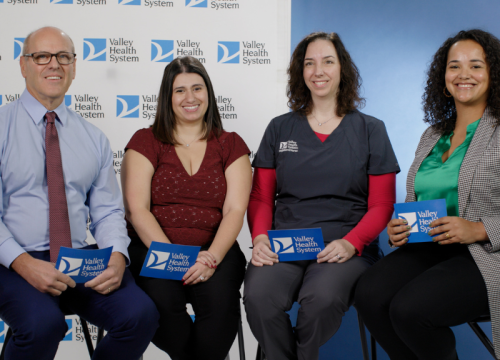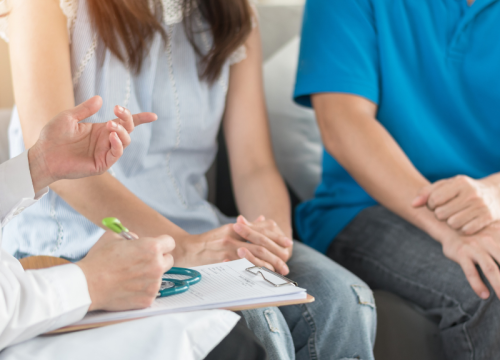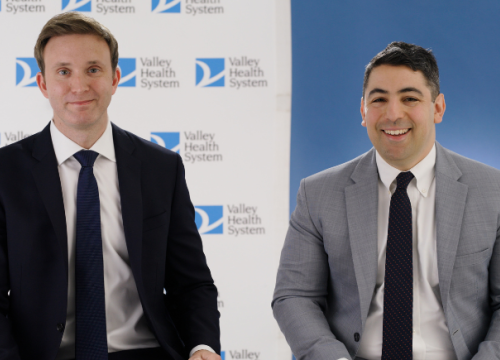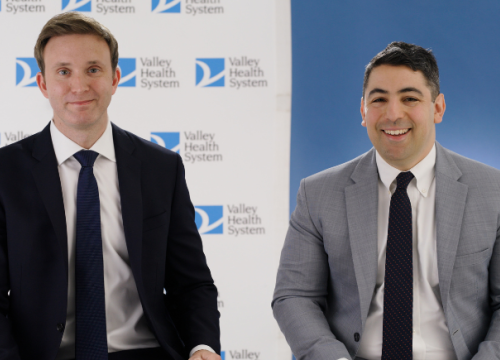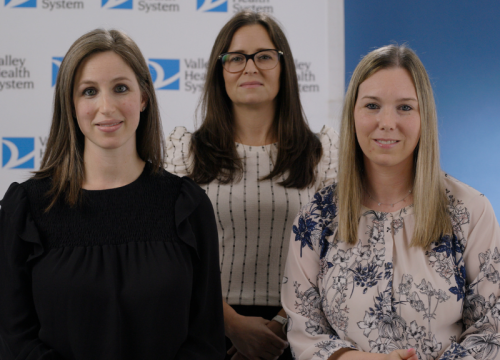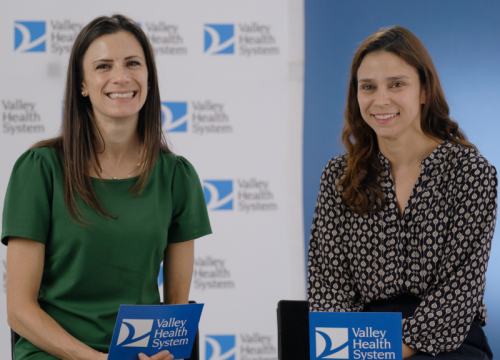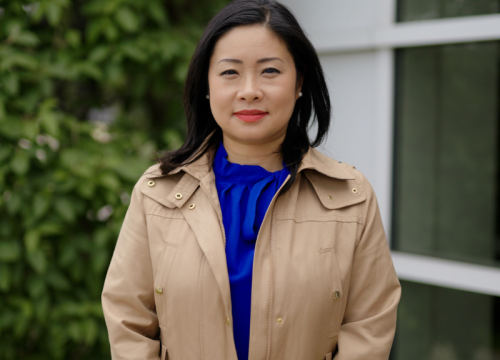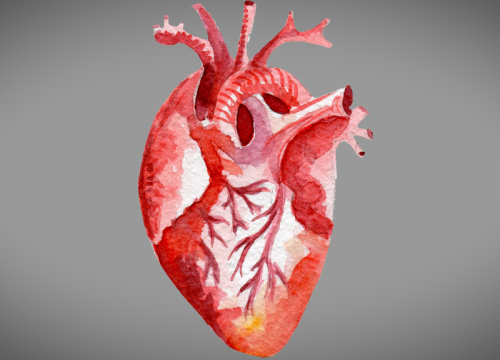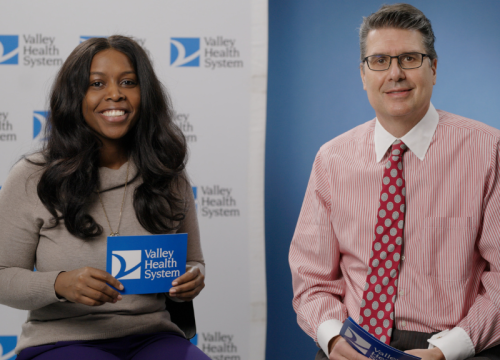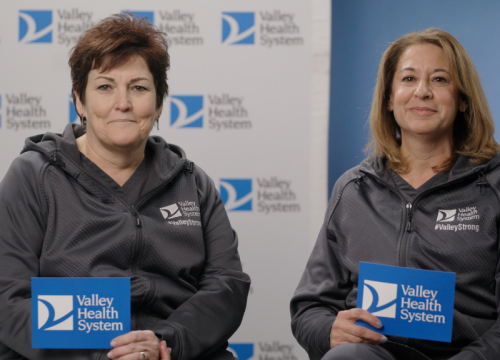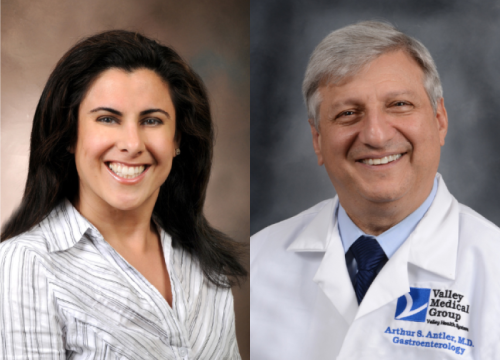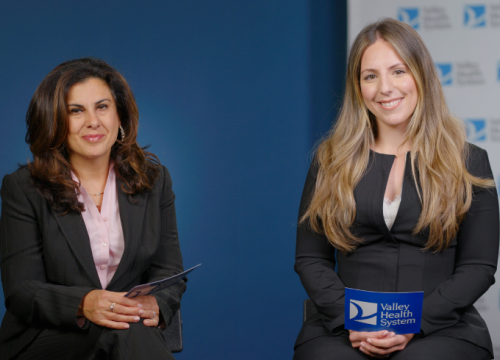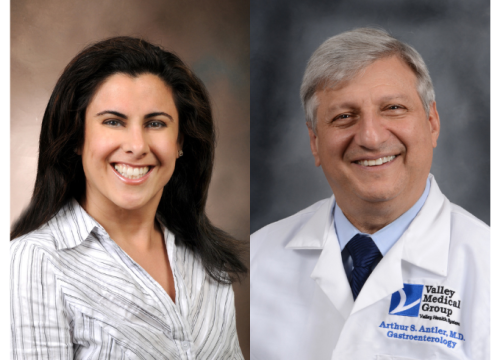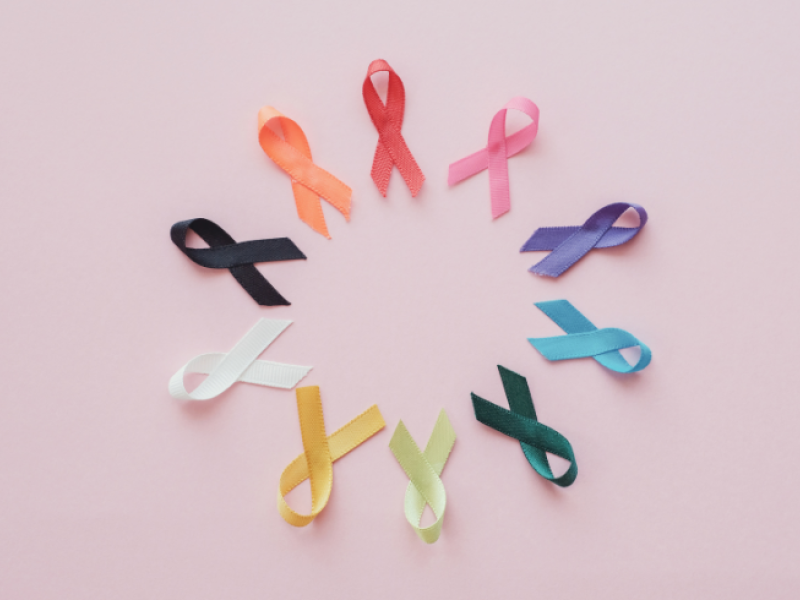
While the long-term impact of the pandemic is unclear, its impact on cancer can be catastrophic. We are beginning to see some of the downstream effects of the pandemic.
COVID-19 has led to many patients delaying care. In some instances, patients are being diagnosed with more advanced stages of cancer. The American Cancer Society’s Cancer Action Network (ACS CAN) conducted two surveys to understand COVID-19’s effects on cancer patients and survivors.
They found:
- 87% of cancer patients and survivors said the pandemic affected their healthcare
- Of those in active treatment, 79% reported delays to their healthcare
Cancer patients have long faced significant barriers to accessing care. Unfortunately, COVID-19 has amplified these barriers.
The pandemic has also shined a spotlight on health disparities across populations. Individuals from racial and ethnic minority groups are more likely to be uninsured, increasing the likelihood they will be diagnosed with advanced cancer.
While the COVID-19 pandemic may be new, cancer is not. We cannot afford to let up in the fight against cancer.
As an oncology nurse at Valley-Mount Sinai Comprehensive Cancer Care, I do my part every day to fight cancer. I am also honored to serve as a Board Adviser since 2019 of the Northern New Jersey American Cancer Society and a volunteer for the American Cancer Society Cancer Action Network.
Now we need state leaders to do their part in this fight against cancer.
Our communities need access to preventive and early detection cancer programs. This is true now more than ever as we see an uptick in the uninsured and underinsured caused by the pandemic.
New Jersey’s Department of Health CEED (cancer education and early detection) program provides services for breast, prostate, colorectal and cervical screening — services that are critical for people who are uninsured and underinsured.
We are calling on New Jersey lawmakers to maintain current funding for these critical services into 2021 and 2022.
The number of individuals affected by COVID-19 will eventually be controlled. I pray that we can say the same for the diagnosis of late-stage cancers.


